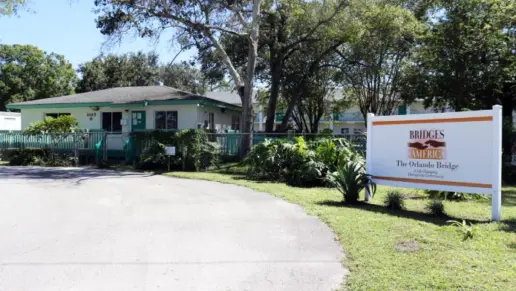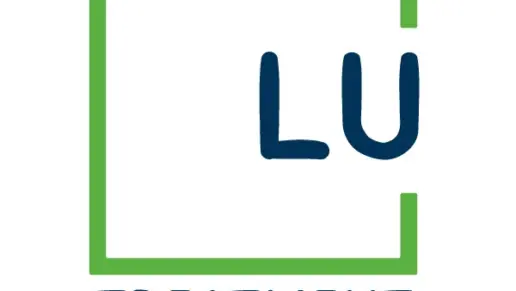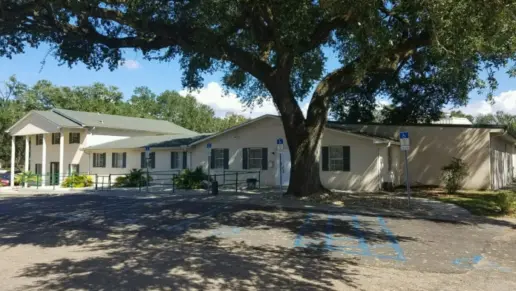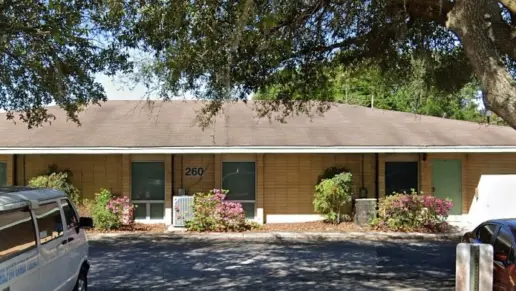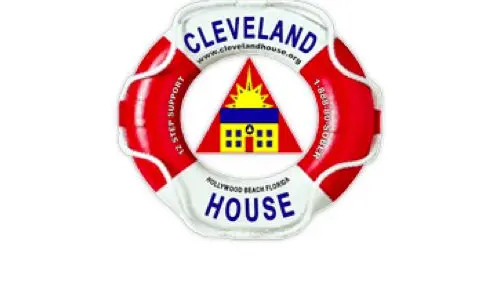We trusted this place. We never got a psychological review or on what kind of meds that put our son on. No support or even a call to check on him after treatment. All they cared was about the money. They don't return calls after treatment. The place doesn't care for thei ...
About Lifescape Solutions
Lifescape Solutions was a treatment center that addressed substance abuse and trauma in Delray Beach, South Florida. They are now closed. Delray Beach is a coastal city known for its lively arts community and charming downtown. Local attractions include boutique shopping, Pineapple Grove Arts District, and year-round sunshine.
Strong Psychoeducational Program
They specialized in treating substance abuse and trauma with the purpose of educating and providing you with a safe environment you could call home away from home. Their philosophy was that substance use was not the problem, it was the solution you used for a problem.
Using a psychoeducational model, they explored the underlying emotional causes of your addiction, utilizing evidence-based treatments to teach you how to build a sober and successful life. Within your program, you were provided a small group setting of no more than 30 people at one time, including individual, group, and family therapy sessions.
Holistic Practices
You received trauma-informed care that may have included motivational therapy, case management, job coaching, and art therapy. They included holistic practices like hypnosis, an accountability program, and art therapy to augment your treatment. They also offered medication management to address cravings and reduce relapse and included life skills and relapse prevention programs to prepare you to transition back into the community.
They offered a variety of ways to promote relapse prevention, including teaching you about the warning signs that happened before relapse. They proposed that picking up the drink or drug after abstinence was the last step, offering you several ways of avoiding relapse by recognizing the steps that come before. The structure was to help you stay connected through ongoing therapy, including having access to sober coaches and weekly alumni activities after discharge.
Rehab Score
Other Forms of Payment
Private insurance refers to any kind of healthcare coverage that isn't from the state or federal government. This includes individual and family plans offered by an employer or purchased from the Insurance Marketplace. Every plan will have different requirements and out of pocket costs so be sure to get the full details before you start treatment.
Self-pay involves paying for treatment out of your own pocket. You can use savings or credit, get a personal loan, or receive help from family and friends to fund your treatment. If you don't have insurance or your insurance plan doesn't cover a specific program, self-pay can help ensure you still get the care you need.
Military members, veterans, and eligible dependents have access to specific insurance programs that help them get the care they need. TRICARE and VA insurance can help you access low cost or no cost addiction and mental health treatment. Programs that accept military insurance often have targeted treatment focused on the unique challenges military members, veterans, and their families face.
Addiction Treatments
Levels of Care
Treatments
The goal of treatment for alcoholism is abstinence. Those with poor social support, poor motivation, or psychiatric disorders tend to relapse within a few years of treatment. For these people, success is measured by longer periods of abstinence, reduced use of alcohol, better health, and improved social functioning. Recovery and Maintenance are usually based on 12 step programs and AA meetings.
Drug rehab in Florida provides quality treatment to help individuals overcome dependency related to a wide range of addictive substances. Programs address both the physical and mental aspects of addiction in order to help you make a full recovery.
Many of those suffering from addiction also suffer from mental or emotional illnesses like schizophrenia, bipolar disorder, depression, or anxiety disorders. Rehab and other substance abuse facilities treating those with a dual diagnosis or co-occurring disorder administer psychiatric treatment to address the person's mental health issue in addition to drug and alcohol rehabilitation.
Opioid rehabs specialize in supporting those recovering from opioid addiction. They treat those suffering from addiction to illegal opioids like heroin, as well as prescription drugs like oxycodone. These centers typically combine both physical as well as mental and emotional support to help stop addiction. Physical support often includes medical detox and subsequent medical support (including medication), and mental support includes in-depth therapy to address the underlying causes of addiction.
Substance rehabs focus on helping individuals recover from substance abuse, including alcohol and drug addiction (both illegal and prescription drugs). They often include the opportunity to engage in both individual as well as group therapy.
Programs



Clinical Services
Group therapy is any therapeutic work that happens in a group (not one-on-one). There are a number of different group therapy modalities, including support groups, experiential therapy, psycho-education, and more. Group therapy involves treatment as well as processing interaction between group members.
Trauma therapy addresses traumatic incidents from a client's past that are likely affecting their present-day experience. Trauma is often one of the primary triggers and potential causes of addiction, and can stem from child sexual abuse, domestic violence, having a parent with a mental illness, losing one or both parents at a young age, teenage or adult sexual assault, or any number of other factors. The purpose of trauma therapy is to allow a patient to process trauma and move through and past it, with the help of trained and compassionate mental health professionals.
